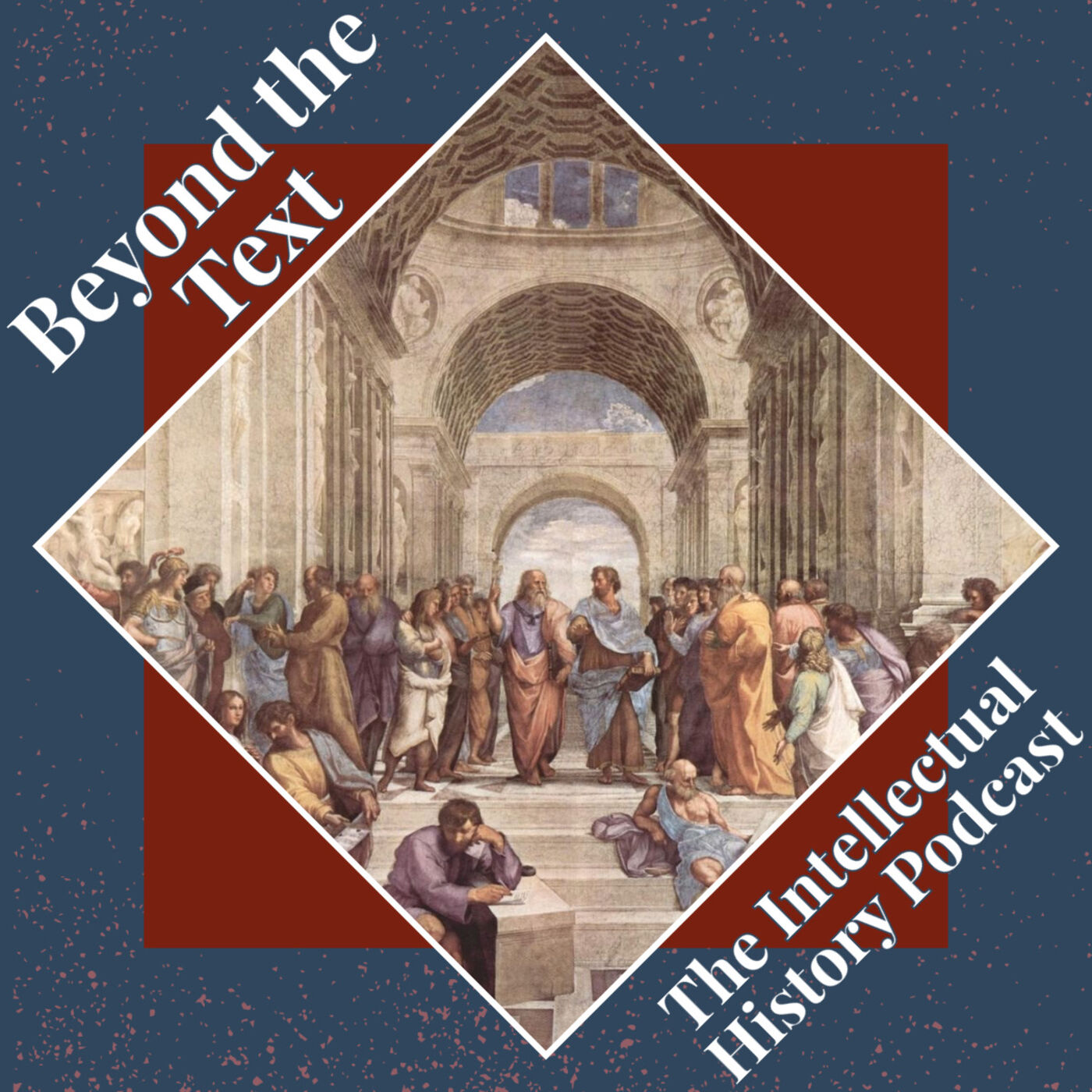- After-Shows
- Alternative
- Animals
- Animation
- Arts
- Astronomy
- Automotive
- Aviation
- Baseball
- Basketball
- Beauty
- Books
- Buddhism
- Business
- Careers
- Chemistry
- Christianity
- Climate
- Comedy
- Commentary
- Courses
- Crafts
- Cricket
- Cryptocurrency
- Culture
- Daily
- Design
- Documentary
- Drama
- Earth
- Education
- Entertainment
- Entrepreneurship
- Family
- Fantasy
- Fashion
- Fiction
- Film
- Fitness
- Food
- Football
- Games
- Garden
- Golf
- Government
- Health
- Hinduism
- History
- Hobbies
- Hockey
- Home
- How-To
- Improv
- Interviews
- Investing
- Islam
- Journals
- Judaism
- Kids
- Language
- Learning
- Leisure
- Life
- Management
- Manga
- Marketing
- Mathematics
- Medicine
- Mental
- Music
- Natural
- Nature
- News
- Non-Profit
- Nutrition
- Parenting
- Performing
- Personal
- Pets
- Philosophy
- Physics
- Places
- Politics
- Relationships
- Religion
- Reviews
- Role-Playing
- Rugby
- Running
- Science
- Self-Improvement
- Sexuality
- Soccer
- Social
- Society
- Spirituality
- Sports
- Stand-Up
- Stories
- Swimming
- TV
- Tabletop
- Technology
- Tennis
- Travel
- True Crime
- Episode-Games
- Visual
- Volleyball
- Weather
- Wilderness
- Wrestling
- Other
Interpreting the Past: Skinner and Foucault's Genealogical Approaches to Intellectual History
In Beyond the Text Episode 2, I delve into the world of intellectual history, focusing on Quentin Skinner and Michel Foucault's unique approaches to understanding the past. Skinner's genealogical approach uncovers historical origins and the evolution of ideas, challenging rigid definitions like the concept of the 'state.' He introduces the idea of "semantic drift" and explores populist views of the state, emphasizing the role of citizens. In contrast, Foucault's genealogy examines power dynamics within history, debunking the idea of objective historical truth. The episode explores how these approaches are relevant to contemporary cultural debates, offering valuable tools for understanding complex concepts like 'identity,' 'justice,' and 'freedom.' Skinner and Foucault unite in emphasizing the dynamic and evolving nature of history. Tune in for an exploration of these thought-provoking perspectives.<br/><br/>The related blog article is available here: A Method in the Madness

